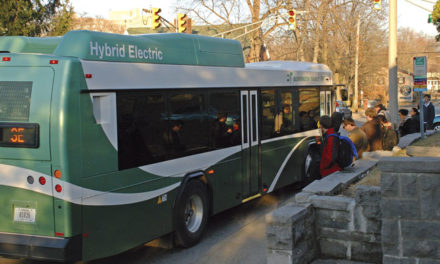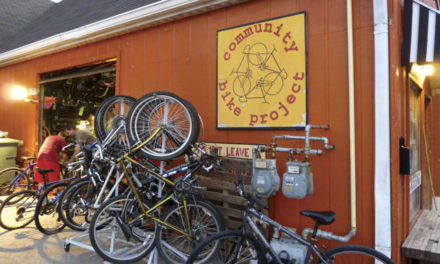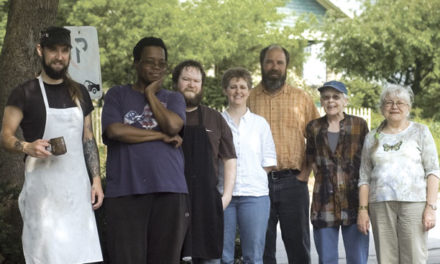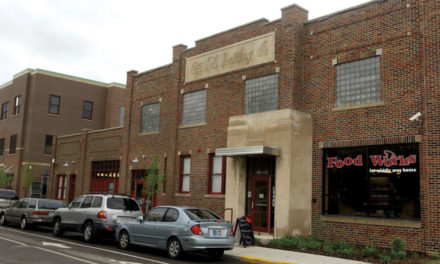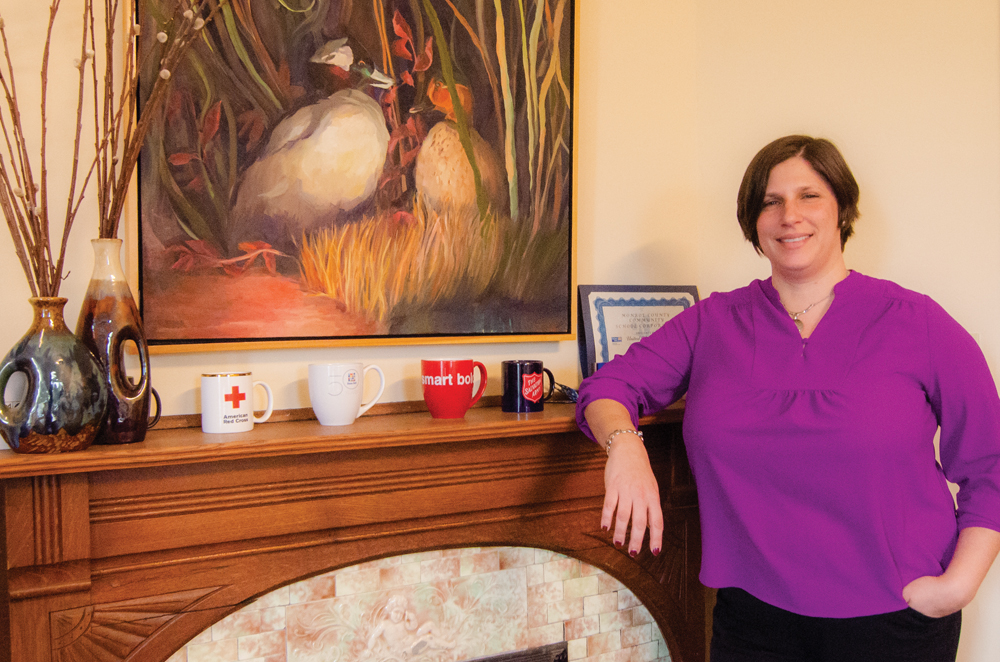
Efrat Feferman. Photo by Rodney Margison
BY TRACY ZOLLINGER TURNER
The United Way logo—a human figure standing in a cupped hand, encircled by the arch of a rainbow—may be one of the country’s most recognizable branding images. But the local reach of its fundraising—how the money is actually used—doesn’t carry the same high profile.
Efrat Feferman, who was named United Way of Monroe County executive director in September 2017, easily rattles off a list of just a few of the services provided by the 25 local agencies supported with United Way funds: food distribution, cooking and gardening instruction, shelter and housing, early childhood education, after-school tutoring, free tax service. “We like to say that we touch one in three lives,” she says.
“The United Way has traditionally been the fundraiser in town, and that’s a critical role that we play,” Feferman says. “But over the years, the United Way has grown more and more to be a convener around issues as well as to manage coalitions and programs. We are working toward being an impact agency.”
Raised in Mishawaka, Indiana, Feferman, 39, came to Bloomington as an Indiana University student. She interned at Middle Way House, then worked as an employment support consultant at Stone Belt. Apart from a four-year turn in Tucson, where she received her master’s degree in public administration from the University of Arizona and worked for the Pima County Community Development and Neighborhood Conservation Department, Feferman has lived most of her adult life here. She is a single mother of two boys: Noah, 11, and Jacob, 8.
Feferman served as assistant director of finance for the City of Bloomington Utilities and was a member of the United Way board of directors before being appointed as executive director upon the retirement of Barry Lessow, who had served in that position since 2004.
“I think I’ve always believed you can have a great impact in the things in life you touch around you,” Feferman says. “We all struggle at times, and we have all turned to others for help.”
Thinking back to the support she has had from her own family and her ability to afford a college education, Feferman says, “Not everybody has that. If I can help provide just a little bit of that to someone, I feel like that multiplies. We can all make a difference in the world, starting with our own community.”


